At Recovery Elevator, we believe quitting drinking is the first step toward creating a fulfilling, fun (yes, fun!), and meaningful life. Our podcast and community are dedicated to supporting you through every stage of your journey. Whether you’re just starting out or seeking continued growth, we provide the accountability, tools, and connections you need to thrive in an alcohol-free lifestyle.
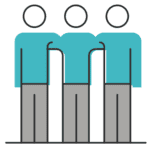
Community
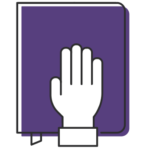
Accountability
We create accountability through the Café RE accountability program
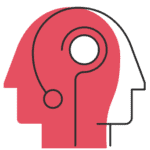
Stigma
The stigma is just as dangerous as alcohol. It’s time to shred the shame
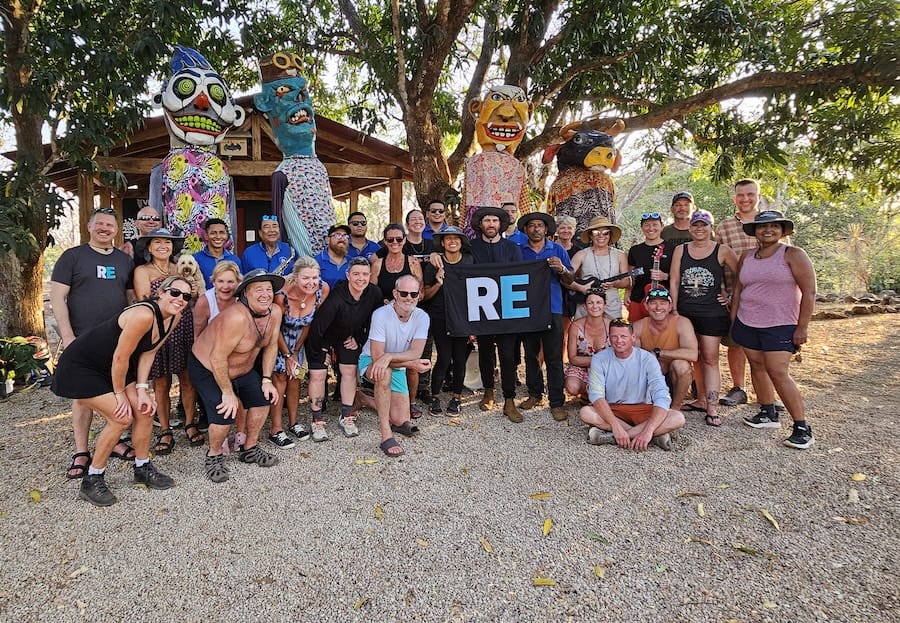
Who We Are
Founded in 2015 by Paul Churchill, Recovery Elevator has grown into a global movement that provides support for quitting drinking and rediscovering joy without alcohol.
What began as a podcast has evolved into a community that has helped thousands of people connect, heal, and grow together.
At Recovery Elevator, we specialize in:
🌍 Community Support for Quitting Drinking: Through Café RE, our private online community, you’ll find encouragement, accountability, and lasting friendships with like-minded individuals.
🛠 Practical Tools to Quit Drinking: From our flagship podcast to recovery workshops, sober travel retreats, and curated resources, we provide actionable strategies to help you navigate and sustain an alcohol-free life.
💪 Breaking the Stigma Around Drinking: We foster open, compassionate conversations to shred the shame surrounding alcohol addiction, helping you embrace sobriety with pride and confidence.
How We Provide Support for Quitting Drinking
✅ Accountability Programs: Stay on track with Café RE’s structured small-group connections.
📚 Sobriety-Focused Resources: Access podcasts, guides, and tools to help you manage cravings and navigate social situations without alcohol.
🤝 Connection: Build meaningful relationships both online and in person. Whether through our Café RE community, flagship retreats, or international sober travel trips, you’ll connect with others who share your journey and create lifelong friendships.
Our Story
At Recovery Elevator, our mission is to provide support for quitting drinking and building a fulfilling life without alcohol. While our podcast serves as a cornerstone for sharing real-life sober stories, our impact goes far beyond broadcasting. We bring like-minded individuals together, particularly in early sobriety, to create a network of encouragement, accountability, and connection.
Our private community, Cafe RE, includes people at every stage of their journey—some with years of continuous sobriety, and others just a few days removed from their last drink. Regardless of where you are on your path, we’re united by a common goal: striving for a better quality of life without alcohol. Quitting drinking is the first step, but we’re here to guide you as you learn to embrace and enjoy a life without alcohol.
Imagine attending a party, wedding, concert, or social event and feeling completely at ease without a drink in your hand. This transformation doesn’t happen overnight, but with the right support for quitting drinking, it’s entirely possible—and profoundly liberating. We’re here to walk alongside you on this journey to wellness and sobriety.
Shortly after episode 20 of the Recovery Elevator podcast, the mission became clear: it’s time to shred the shame surrounding addiction. Alcoholism is a disease, and alcohol is one of the most addictive and dangerous substances on the planet. To change the narrative, we need to start talking openly about it.
Through Recovery Elevator and our private community Café RE, we offer a safe and informative space for those who wish to quit drinking. Whether you’re searching for practical tools, compassionate connection, or lasting community, we’re here to provide support for quitting drinking at every step of your journey.
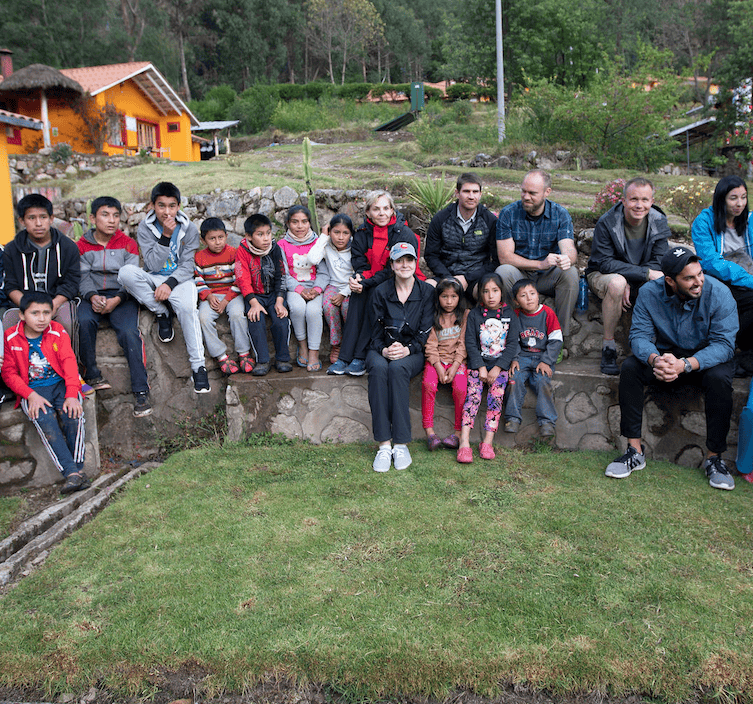
Visiting an orphanage in the Sacred Valley during a Recovery Elevator Sober Travel trip to Peru in 2018
Meet The Recovery Elevator team:
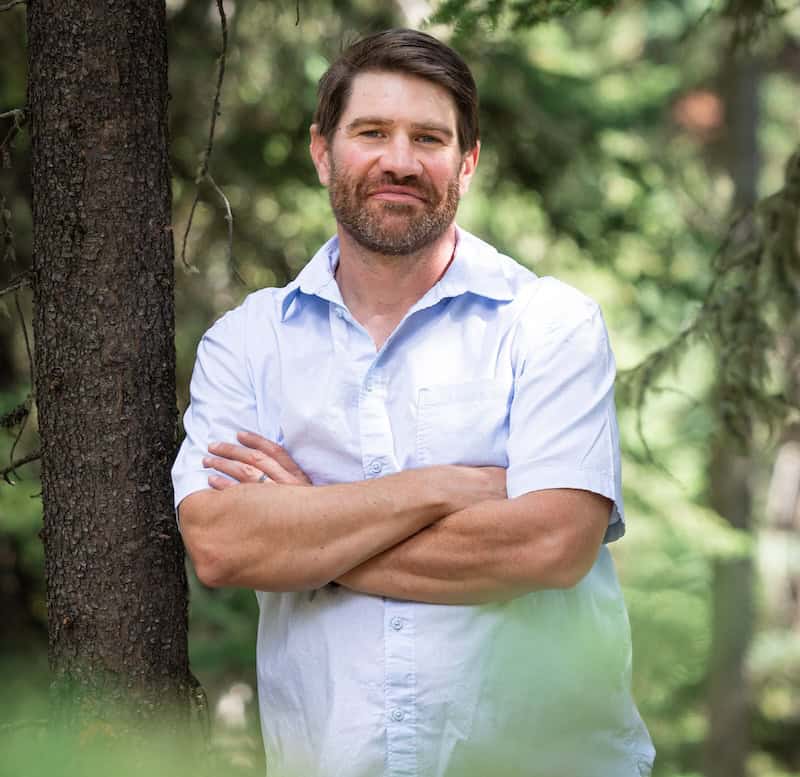
Paul Churchill
My name is Paul and I no longer drink alcohol. My life has improved tenfold once I made the decision to quit drinking. Removing alcohol from my life fixed things that I didn’t even know were broken. I quit drinking for hundreds of reasons, but the biggest one is I wanted my life back. Alcohol was killing me. In addition, I’ve come to realize, that alcohol isn’t good for anyone.
To be fair, at first, I had a lot of fun drinking alcohol, but eventually, it stopped working and nearly killed me. Fortunately, the messaging around alcohol is changing, and the old-fashioned and incorrect recommendations of 1-2 drinks per day for optimal health are no longer. Alcohol is now considered a class 1 carcinogen, and we are waking up to the fact that alcohol is the most dangerous drug on the planet which kills more people each year than every other drug combined. No, I’m not saying alcohol should be illegal, but here at Recovery Elevator we hope to get the correct messaging, and assist in the healing process.
Even after I managed to remain sober a few weeks, it seemed my addiction, or unconscious mind, began to convince me that I could have just one drink, and I often listened. The problem was that 1 drink was too many and 10,000 wasn’t enough. How the heck does that work? How could things come to this? Had my best friend alcohol had turned against me? I began to realize I had no control over alcohol which was a devastating concept to grasp. What happened when I made the steadfast decision to quit drinking over and over? Well, part of my brain never got the memo. When I was trying to quit drinking, it was the most exhausting time of my life. I took my last drink on September 6th, 2014.
I created the Recovery Elevator podcast in February 2015 to create accountability. Looking back, it was a risky endeavor – stats say I should have crashed and burned in a front of an audience. The idea to create Café RE came to me after I was unable to find an online recovery community in August of 2014. At 1:55 am, while experiencing an intense craving, I searched for an online recovery support group with little success. What I did find was a Bud Light Lime sponsored advertisement on Facebook. I had 5 minutes to get dressed, drive to the gas station and take a guess what I purchased. I was drinking at 2:01 am. Community was the missing link. Café RE has almost 10 years of history with over 10,000 total registrations.
Paul Churchill was a normal drinker in high school and most of college. He loved to drink. He played several sports in high school and played football at Chapman University where he majored in Business and Spanish. His love for alcohol led him to Granada, Spain where he bought a bar in January 2006. He walked away from the bar after 34 months since he was drowning himself with alcohol. He attempted the geographical cure, moved back home in Colorado for a year, and then went to graduate school in Seattle at the University of Washington. He then moved to beautiful Bozeman, MT where he currently resides. Paul was alcohol-free from 2010- 2012 but he looks back at that duration of sobriety and says he was a dry drunk and was staying away from alcohol on will power alone. In summer 2012, his unconscious mind got the best of him and he drank after being alcohol-free over 2 years. Later that same evening around 2:30 am when gas stations couldn’t legally sell alcohol, Paul found himself googling if he could drink rubbing alcohol or hydrogen peroxide. Talk about picking up right where he left off. Paul struggled to quit drinking for the next couiple of years. In the summer of 2014, there was a DUI, and a failed suicide attempt – things got grim. After reaching out to family, specific friends, starting a podcast, a sobriety counter app, selecting a sponsor, eating right, and exercising, Paul Churchill took his last drink of alcohol on September 6th, 2014.
Quitting drinking wasn’t easy, but the life I have now is exponentially better. Alcohol would have claimed my life if I continued to drink. The crazy part is my life continues to improve the longer I stay away from alcohol. Quitting drinking was the one domino that knocked all the others down.”
-Paul Churchill
Kerri MacFarlane: Retreats and Events Coordinator
Hi, my name is Kerri MacFarlane…and I no longer drink alcohol.
I started listening to the Recovery Elevator Podcasts late 2016. I found myself ‘binge listening’ to past episodes whenever I had the chance. In February of 2018, I joined the Café’ RE private community, which quickly became one of my favorite tools in my sobriety toolbox.
When I saw that Paul was looking for someone to take over writing the show-notes for the podcast episodes I immediately reached out to him, I was thrilled to be a part of the Recovery Elevator team.
From the show-notes things evolved…to where I am today…gratefully working full time as the Community Manager/Event Coordinator for Recovery Elevator and the Café RE community. My heart is full.
I live in NorCal, I am married, have two daughters (with spouses), 5 beautiful grandchildren and 2 spoiled pound puppies. I LOVE to travel…and you can be sure to meet up with me on any/all of the RE sober travel trips!
I never knew sobriety could feel so good and I will continue to take it one day at a time. It is true…the opposite of addiction is connection and we can’t do this alone.
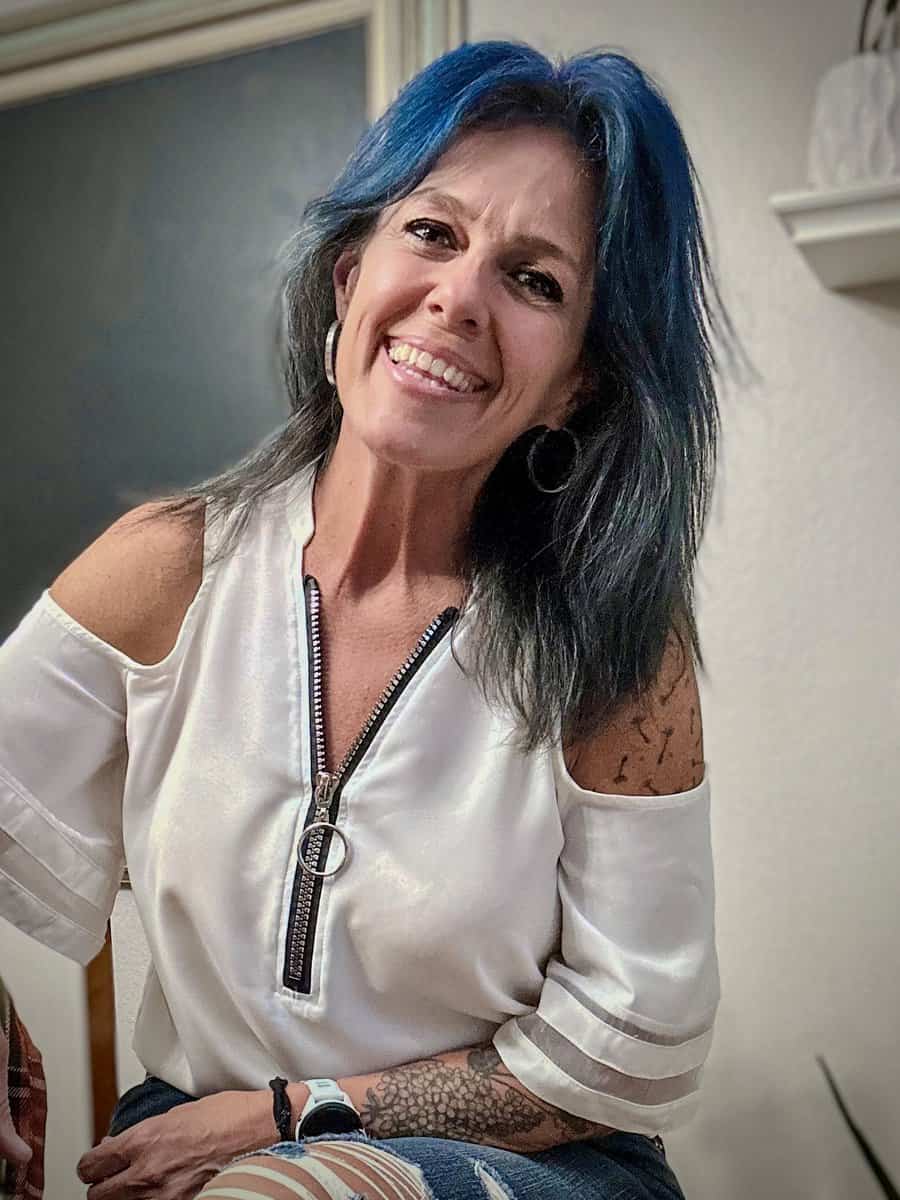
Tyrrell Lourie: Podcast Editor
An old-timer who I met in early sobriety told me: “just because the elevator goes to the basement, it doesn’t mean you have to go all the way down.” When I came through the doors of AA in 2008, I hadn’t encountered a lot of “yets.” I had not gotten a DUI…yet; I hadn’t lost a job…yet; hadn’t lost a relationship…yet; didn’t need to take a drink in the morning…yet. I was becoming more and more isolated, more and more secretive. I would resolve in the morning not to have a drink, to quit for a while, yet have a drink in my hand by “witching hour” (5:00 PM). I drank after work at 9:30 PM or 10 PM, to “unwind” sit in front of the TV until I fell asleep (passed out). I went to great lengths to hide the amount I was drinking: hiding bottles in the closet, sneaking empties out of the house, drinking wine in boxes so no one could see how much I drank. My life was a series of secrets.
Coming into AA and saying the words “I’m Tyrrell, and I’m an alcoholic” was like a huge weight had been lifted from my shoulders. Finally, I could be honest! Since then, I’ve been able to stay sober, one day at a time. During this time, life has happened: illness, death, financial problems, etc. and I’ve been fully present.
Around episode 25, Paul asked me if I’d be interested in helping with the Recovery Elevator podcast. Despite knowing little about podcasts, and even less about audio editing, I accepted his offer. I have officially become, a “content curator.” I thoroughly enjoy the process and this amazing learning opportunity. It’s also a pleasure to hear and polish these interviews before they go live!
The Café RE Private Community is also in my daily sobriety portfolio, along with prayer, meditation, and reading.
Working as part of the Recovery Elevator team is a joy for me! I’m happy to be here, happy to be sober; grateful to all of ya’ll for my recovery!
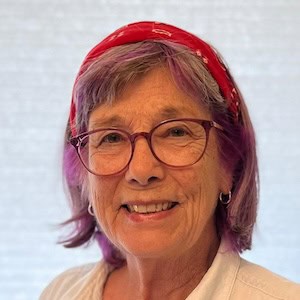
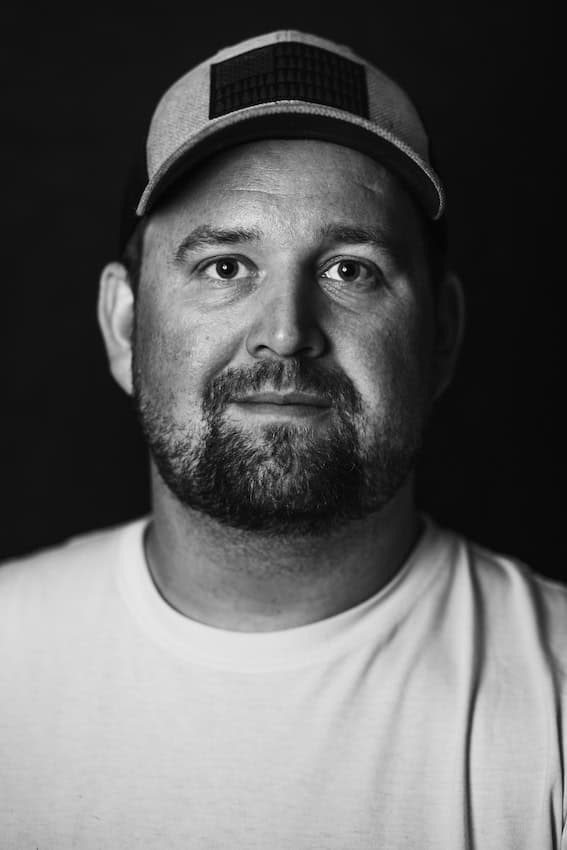
Kris Oyen: Media & Graphics Coordinator
Hey everyone, I’m Kris O. and I began my alcohol-free journey in August of 2017. I had reached the point where drinking wasn’t just ‘not serving me’, but was creating chaos in all areas of my life. Externally, things looked fine; but on the inside, everything was being held together by a string. When enough was finally enough, I got some help and started down the path of recovery. I found the Recovery Elevator podcast while looking for resources online and subsequently joined the private Café RE community.
I’ve learned along the way that I don’t have to do this alone. By finding community, I’ve gotten more support than I could have imagined. Knowing that other people out there share my struggles, and hearing their stories, has helped me so much! I’ve also had a TON of fun while living a life that I didn’t think was possible. By eliminating alcohol and digging into what I was trying to numb, I’ve found a new freedom and love for life. It sounds so cliché, but everything is better. From my family life to relationships with friends, my job performance, and my ability to show up for others; it’s 100% worth the work that I’ve put in. I’m so grateful to have this chosen family by my side.
I have an amazing wife (who is my best friend), a daughter and son who are both above average, and a dog who is so-so. We live in rural North Dakota and live for the summer. We’re a camping and boating family to the core. I’ve got a passion for photography and videography, which has been a fun hobby over the years. That’s actually why you’re seeing a bio on here for me! I’ll be working with Paul to roll out content for the Recovery Elevator YouTube page. I’m really excited to be a part of this team and to have the opportunity to contribute to the online recovery space. Thanks for reading, and I hope to get to know some of you over on YouTube!
Danielle Marr: Communications and Marketing
Hi, I’m Danielle, and I no longer drink alcohol. Writing has been my anchor for as long as I can remember—a creative outlet in childhood and a powerful tool in my sobriety journey. Today, I channel this passion into my work, helping individuals and businesses alike find clarity and connection through the power of words.
As part of the Recovery Elevator team, I help manage marketing and communications, crafting newsletters, social media content, and website copy to inspire and support our community. I also teach writing classes within our programs, including Dry January and Ditching the Booze: Writing a New Narrative, where I guide participants in using writing as a pathway to self-discovery, healing, and personal growth.
At the heart of everything I do is a deep belief in the power of storytelling—not just as a means of connection, but as a way to reclaim and reshape our lives. Whether I’m crafting copy that resonates with a wide audience or guiding someone to find their voice through journaling, I’m continually inspired by the courage it takes to put pen to paper and explore the stories we carry.
Beyond Recovery Elevator, I run journaling workshops, offer 1-on-1 writing coaching, and work in the non-profit sector. Whether I’m helping others unpack their stories or using writing as a personal tool to navigate life’s challenges, I believe in the transformative power of words—whether they’re shared with the world or ceremonially released into the flames.
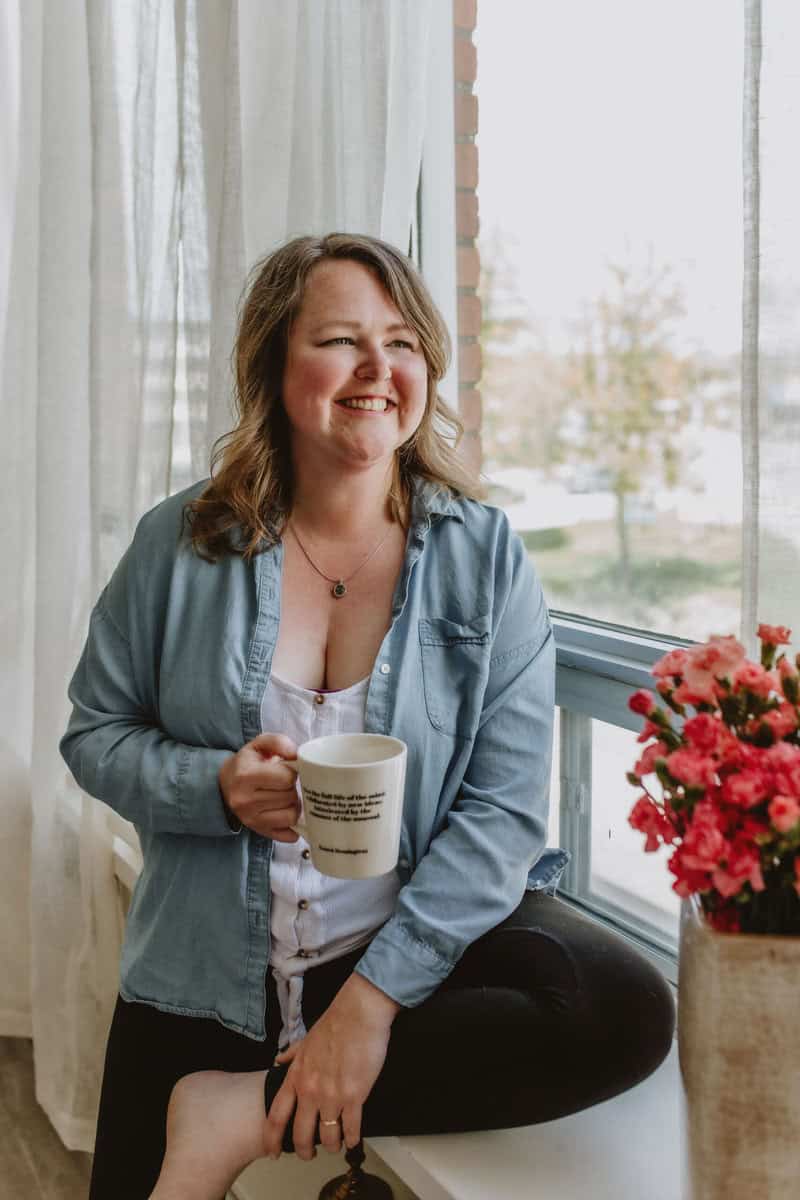
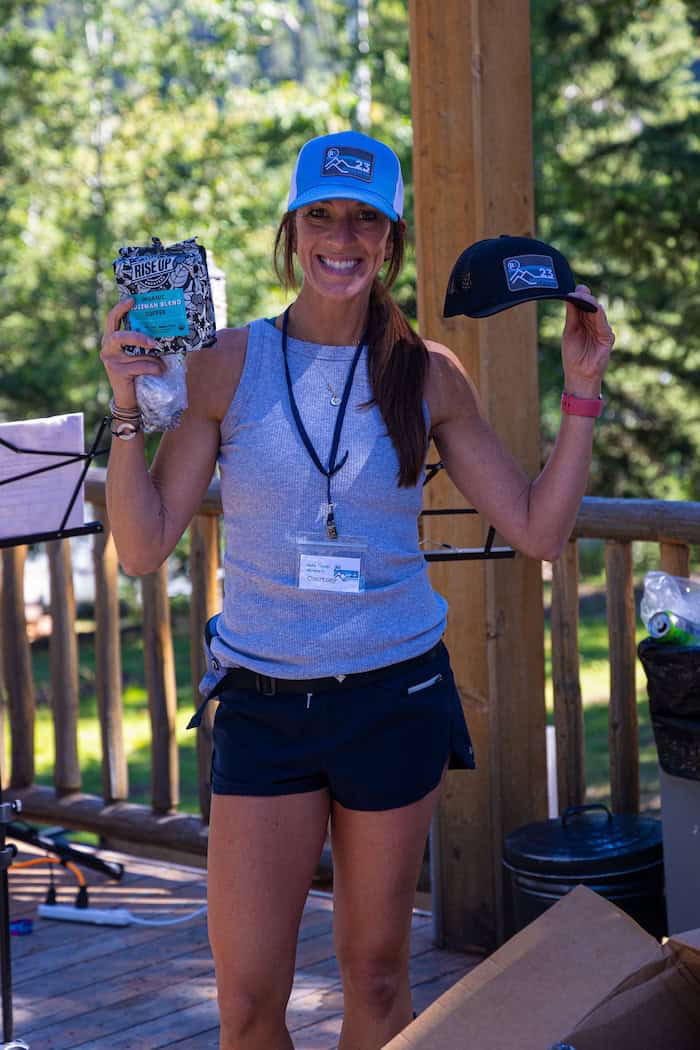
Courtney: Merch and Event Branding
Hey Guys! I’m Courtney and I am in charge of everything merch for Recovery Elevator!
For many, many years I was lying to myself about my issues with alcohol. I thought I was just a girl who liked to drink and have a good time…until it stopped being a good time. The “good times” started being replaced with anxiety, fear, embarrassment and some pretty nasty hangovers. On April 20, 2020 I said enough was enough and I haven’t looked back since. I binged listed to everything I could find on the topic of recovery…que the Recovery Elevator Podcast! Every story was relatable, every person being interviewed sounded just like me. I quickly joined Café RE, not knowing at the time that it would change my life. The chats, the meet-ups, Restore and Ditching the Booze literally introduced me to my best friends and my rocks in recovery. The connections I have made have opened doors for me and taken me places I never thought possible. In 2023 I was thrilled to take on the role of Merch Coordinator for RE.
I live just north of Atlanta now but I was born and raised in Ohio (Go Buckeyes!). I live with my partner, Alan, who is also in recovery and is my built-in accountability partner. I am a personal trainer and fitness plays a huge role in my life, in my recovery and in my overall sanity. I love to travel and try anything new that I possibly can. I have gone sky diving twice and now I am constantly seeking that next great adrenaline rush. I also live for Ohio sports (Browns, Guardians and of course The Ohio State Buckeyes). I have discovered being an Ohio sports fan in Atlanta can be a little…how should I say this…obnoxious. I am the very, very proud mama of a beautiful mutt named Stella. Stella is my ride or die and I absolutely love taking her for walks, letting in roam in the woods and watching her fetch balls out of the lake. She has been my savior and one of the only constants in my life since starting my recovery journey. I also have a sweet 18 year old kitty, Penny Lane.
I am looking forward to getting the chance to connect with as many of you as possible! I am so incredibly grateful to be part of this beautiful, amazing community.
Robyn Carter: Podcast Show Notes
Hi! I am Robyn Carter, and I currently do the show notes for the podcast. I am a long-time listener and have been a member of Café RE since 2019. I remember when I first started listening to the podcast, I thought it would be cool to one day do the show notes and be the name Paul mentions as the source of the links and such. Fast forward a few years and here I am! I enjoy this form of service to the community and love hearing everyone’s stories.
My relationship with alcohol has been tumultuous, to say the least. Being a very shy, quiet person, it was the only way I thought I could ever socialize or be included in social circles. Fast forward a few decades later, it became my way to cope with any and everything.
I started exploring recovery in 2017 after the infamous Google search to try and decide if I had a problem. After many stops and starts I timidly joined Café RE and learned that the connection piece of this puzzle is EVERYTHING. I am grateful for the community and family I have gained being part of RE. After throwing myself into the first Ditching the Booze course in 2020, I was able to get some solid sober ground under me, feel supported and most importantly accepted just how I was.
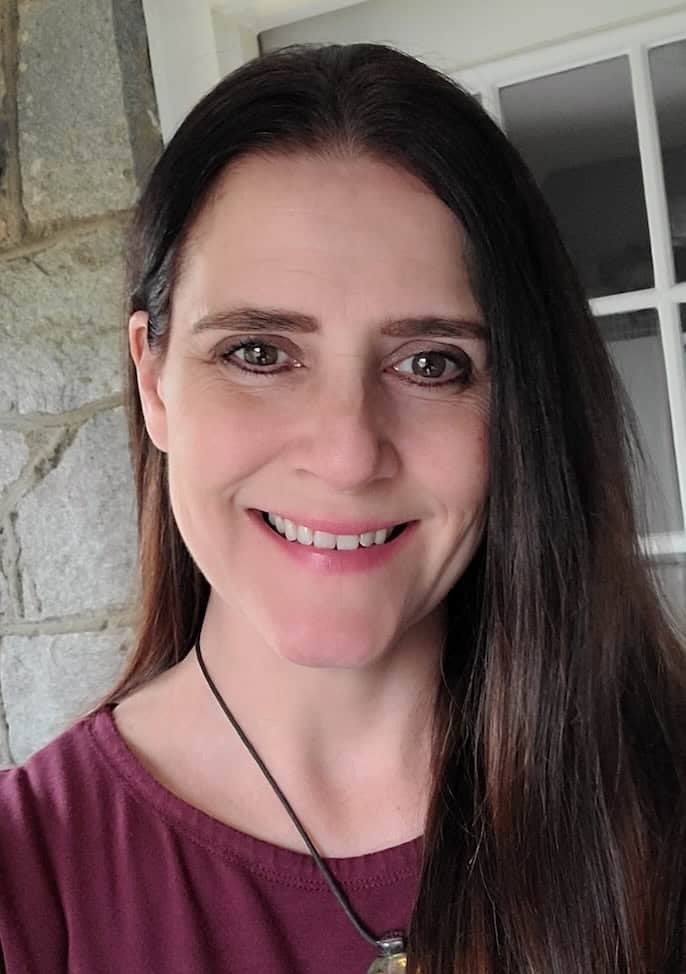
Your Journey Starts Here 🚀
If you’re ready to quit drinking and take control of your life, Recovery Elevator is here to provide the support you need. With our podcast, community, retreats, and resources, we make quitting drinking a transformative and empowering experience.
